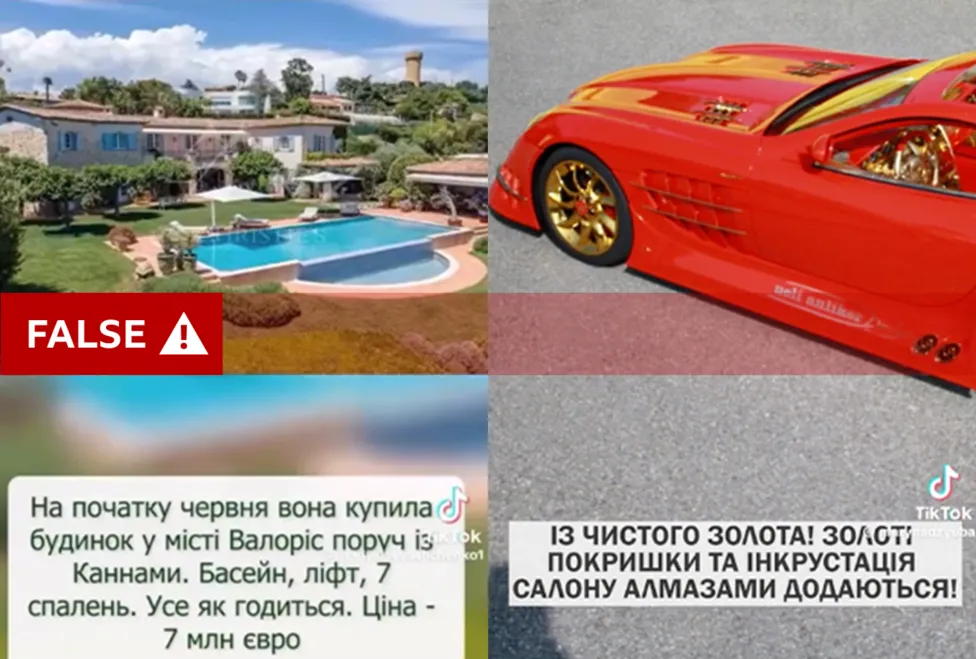TikTok Removes Russian Propaganda Networks

TikTok removes hundreds of thousands of fake accounts spreading Russian propaganda and seeking to weaken Western support for Ukraine
TikTok said it has removed hundreds of thousands of fake Russian-operated accounts that targeted users in Europe, Ukraine and elsewhere with propaganda about the Russia-Ukraine war.
Separately, the BBC said it had uncovered a network of thousands of accounts that spread disinformation with the apparent aim of undermining Western support for Ukraine.
The accounts uncovered by the BBC specifically alleged that senior Ukrainian officials or their relatives bought luxury cars or property abroad following Russia’s invasion of Ukraine in February 2022.
The other networks shut down by TikTok, which were mostly uncovered through internal investigations, used a variety of techniques to amplify pro-Russian narratives, the company said.

Fake accounts
Most of those networks were operated from within Russia, but two of them operated from within Ukraine.
“We remain steadfast in our commitment to promptly identify and remove any accounts, content, or activities that seek to artificially boost popularity on our platform,” said TikTok, which is owned by Beijing-based ByteDance.
The BBC said it had uncovered nearly 800 fake accounts since July in its probe.
The news service said Anastasiya Shteinhauz, the daughter of former Ukrainian defence minister Oleksiy Reznikov, believed the campaign helped tarnish Reznikov’s reputation and led to his dismissal last September.

Luxury villas
The videos alleged Shteinhauz or Reznikov had bought luxury villas in Madrid, the French Riviera or elsewhere.
The claims investigated by the BBC all turned out to be false, using imagery of villas that were found to still be for sale.
The videos were circulated by Russia-based accounts posing as real users from Germany, France, Poland, Israel and Ukraine.
Most posted only one video each, which TikTok said is a new tactic designed to evade detection and manipulate the platform’s processes for recommending videos to users.
Hacking campaign
The news service said that in spite of TikTok’s efforts to shut down the fake accounts, in the weeks since it had reported them the app had recommended dozens more videos that appear to originate from the same network, with some posted as recently as late November and covering recent events.
The UK’s National Cyber Security Centre (NCSC), part of GCHQ, warned earlier this month that the Russian intelligence services have been carrying out a “sustained” cyber-attack targeting UK politics and the democratic process in the country.